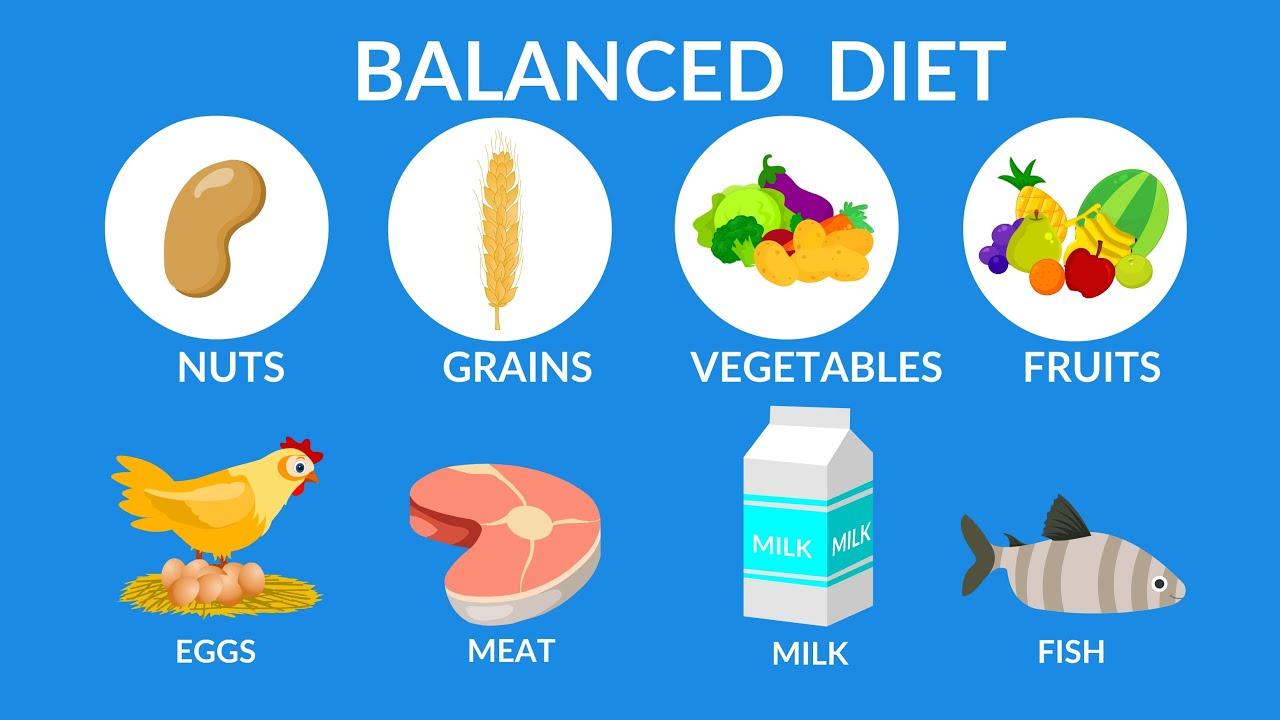September 02, 2024
Prepare NEET with Proper Stress Management Effectively
National Eligibility cum Entrance Test (NEET) is a nationally challenging exam in India appeared by students aiming to pursue a medical career. So, appearing for the exam is stressful, which hinders the possibility of achieving high scores and rank by the aspirants. Thus, PrepMed-derived effective stress management is essential for students to maintain concentration and is crucial to reaching their academic goals.
Following the study techniques is significantly beneficial for the NEET students to remain calm and fight the exam tension during the preparatory stage of the exam.
Structured plan:
Students with proper balanced study routines, realistic goals, balanced timetables, and manageable strategies can effectively deal with exam stress. A balanced study routine focusing on developing a schedule of 10 hours solely for studying is essential. Even, keeping allotted time for adequate relaxation and breaks during preparation are necessary to avoid burnout.
Breaks:
Following a study schedule with intervals, especially while sitting to study for longer hours, can boost the brain’s capacity. Consequently, it facilitates rejuvenation, increases relaxation, and effectively reduces stress. Furthermore, following the globally promoted POMODORO Technique for better cognitive functioning is beneficial for NEET aspirants. It is also essential to apply to be motivated and manage stress productively.
This technique is a 5-step strategy that aims to increase concentration for a task for 25 minutes without potential distraction and then rest for 5 minutes. This structured approach augments focus, productivity, and time management, effectively reducing the level of stress or other negative psychological impacts due to stress among students.
Meditation & Mindfulness:

Students must remember crucial information and concepts from different subjects while preparing for the NEET exam. Thus, the students need to put an immense effort into engaging the cognitive functions of the brain. Therefore, to maximize concentration, attention, and memorization and deal with adverse outcomes like anxiety, depression, sleep disturbances, and changes in eating behavior due to exam stress, the students are suggested to practice meditation. In addition, mindfulness also helps to stay present and enhance attention by reducing anxiety and augmenting concentration.
Physical exercise:
NEET preparation requires significant time and involvement in studying and sitting for longer hours, which can antagonistically impact the students' bodies and minds. As a result, the exam stress and the challenging preparation process hinder the student's ability to work harder on their studies.
Thus, the NEET aspirants are suggested to incorporate and follow a regime emphasizing regular physical exercises. Consequently, simple stretching, Yoga, jogging, swimming, cycling, brisk walking, and free-hand physical movements positively impact the muscles, blood circulation, hormonal secretion, and transmission of brain chemicals or neurotransmitters. Cumulatively, it decreases stress and other adverse effects of sedentary life.
Healthy diet:

Critically, students tend to consume foods containing higher carbohydrates, like fast junk foods and sugary or carbonated drinks, to maintain motivation and deal with stress while preparing for the NEET exam. Thus, it deteriorates the condition of the body and mind, reducing its functional ability. For better health and well-being and more satisfactory academic performance, eating healthy foods and hydrating adequately are fundamental. Foods comprising nutrients include fruits, vitamins, minerals, vegetables, animal protein, whole grains, and good fats. Apart from a healthy diet, enough hydration helps in healthy living and boosts bodily functions.
Sleep:
Adequate sleep is crucial for healthy living and high performance. Consequently, sleep significantly reduces exam stress and increases study motivation. In addition to following a viable and realistic study timetable and maintaining a nutritious diet, NEET aspirants need consistent sleep for 7 to 8 hours every night. This relaxation technique engenders high-power brain activity, proper executive functioning, and higher academic achievements. Additionally, avoiding blue light exposure before sleeping can ensure a relaxed mind and early sleep.
These are the primary and more straightforward ways to achieve higher scores and more impactful ranks in the NEET exam to pursue a medical career successfully. In addition, these areas can be changed considering the suggestion, as these are easy to achieve. More refined changes or advanced suggestions can be incorporated for effective stress management to improve physical and psychological well-being and enhance academic achievement in the NEET exam.
Follow Us - on Facebook /Instagram/ YouTube






